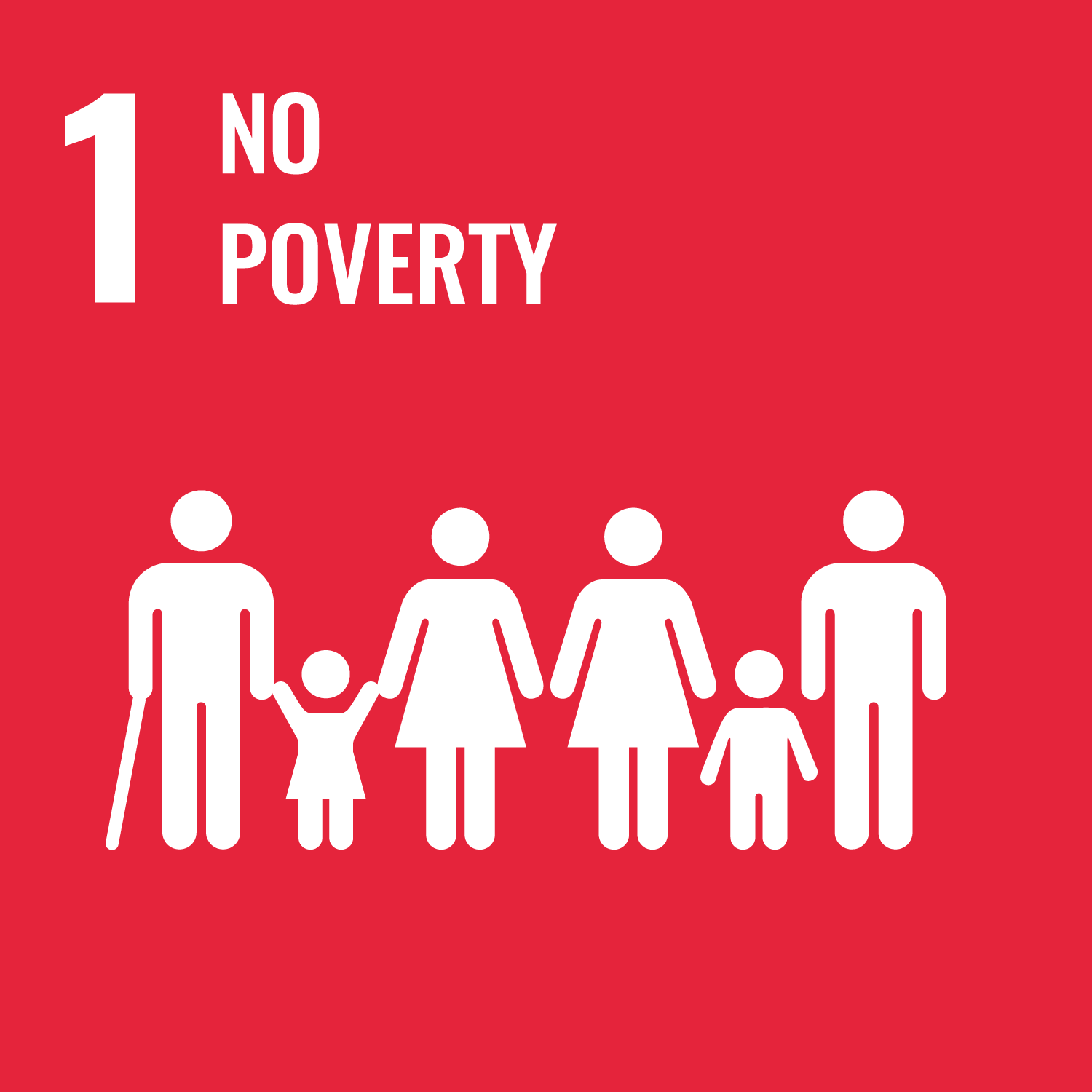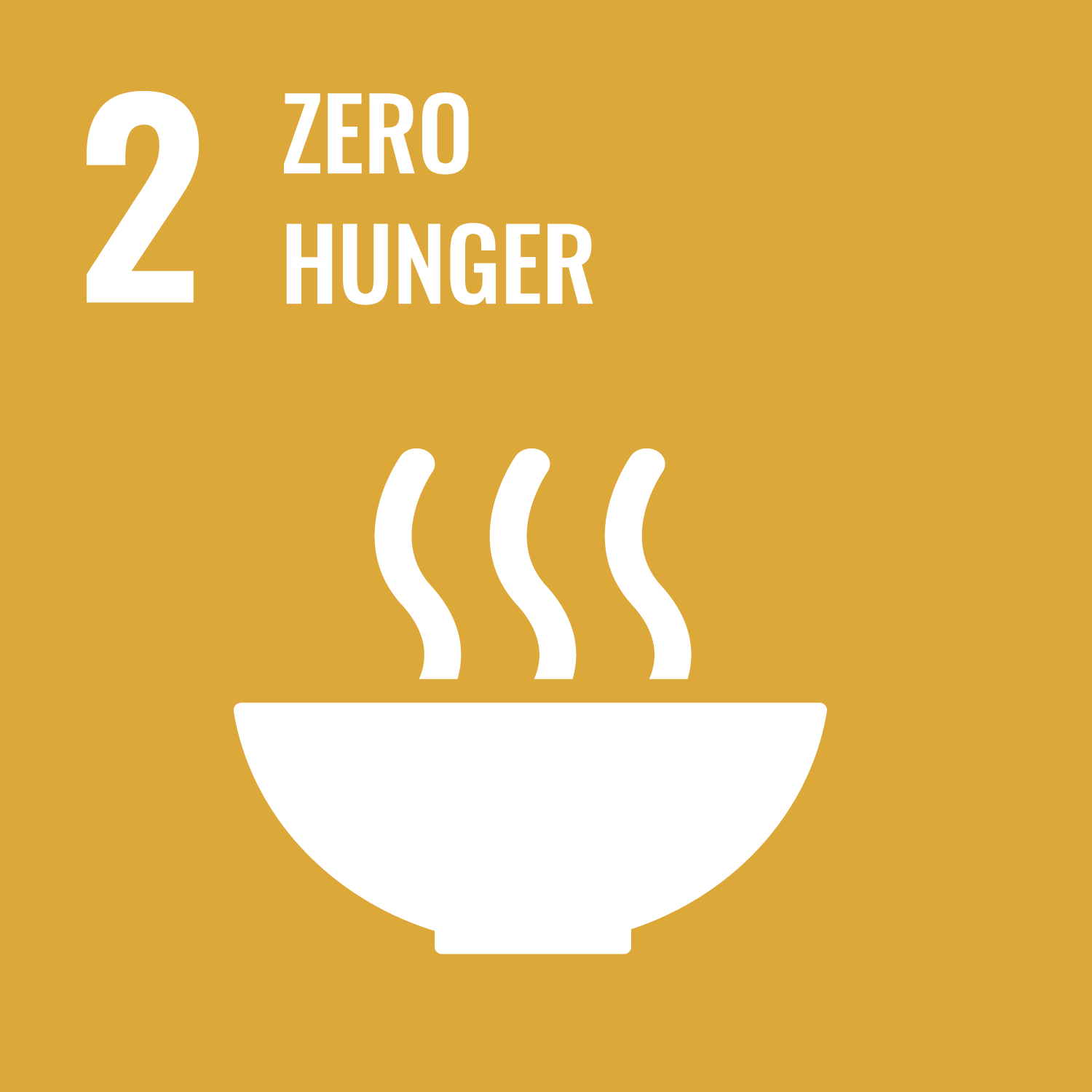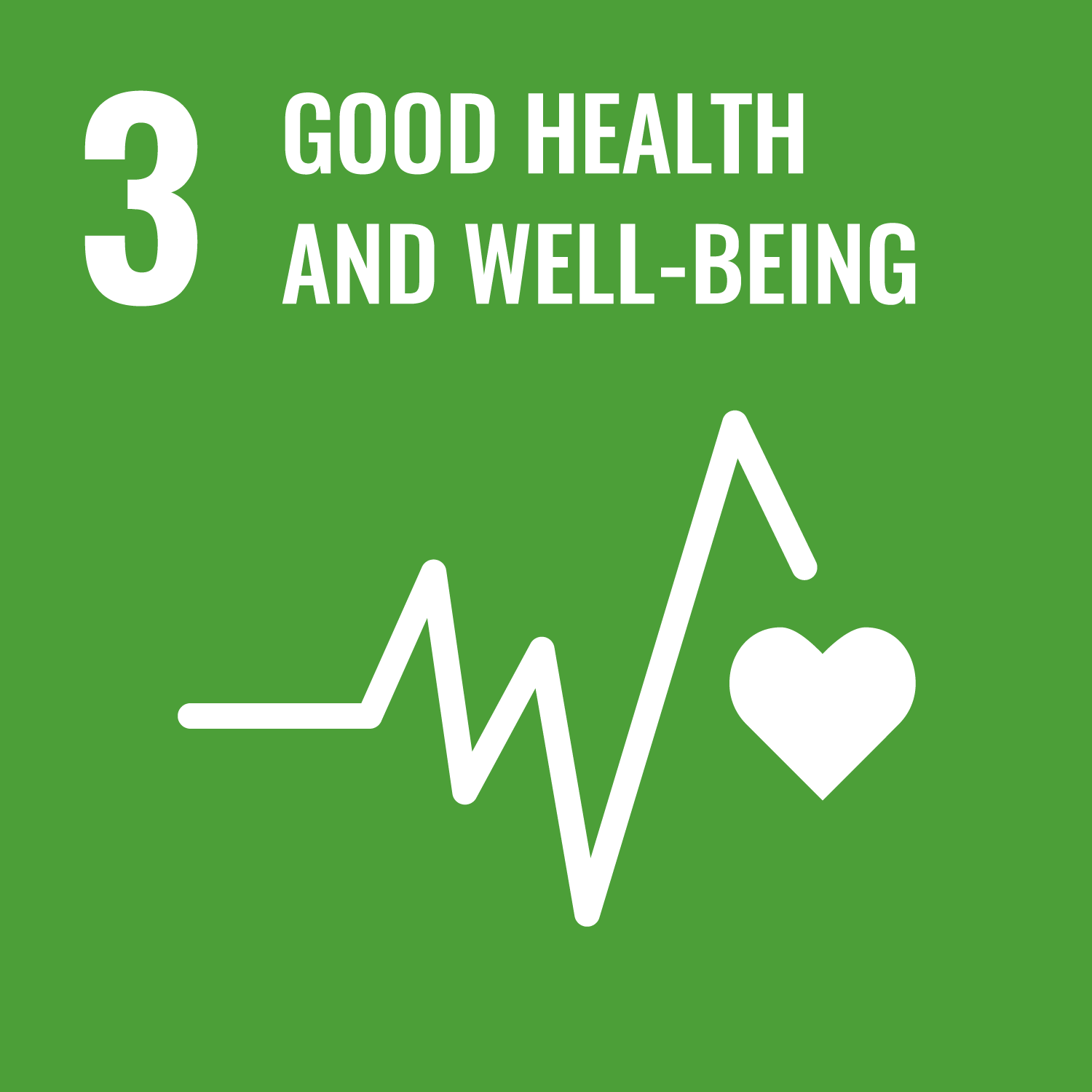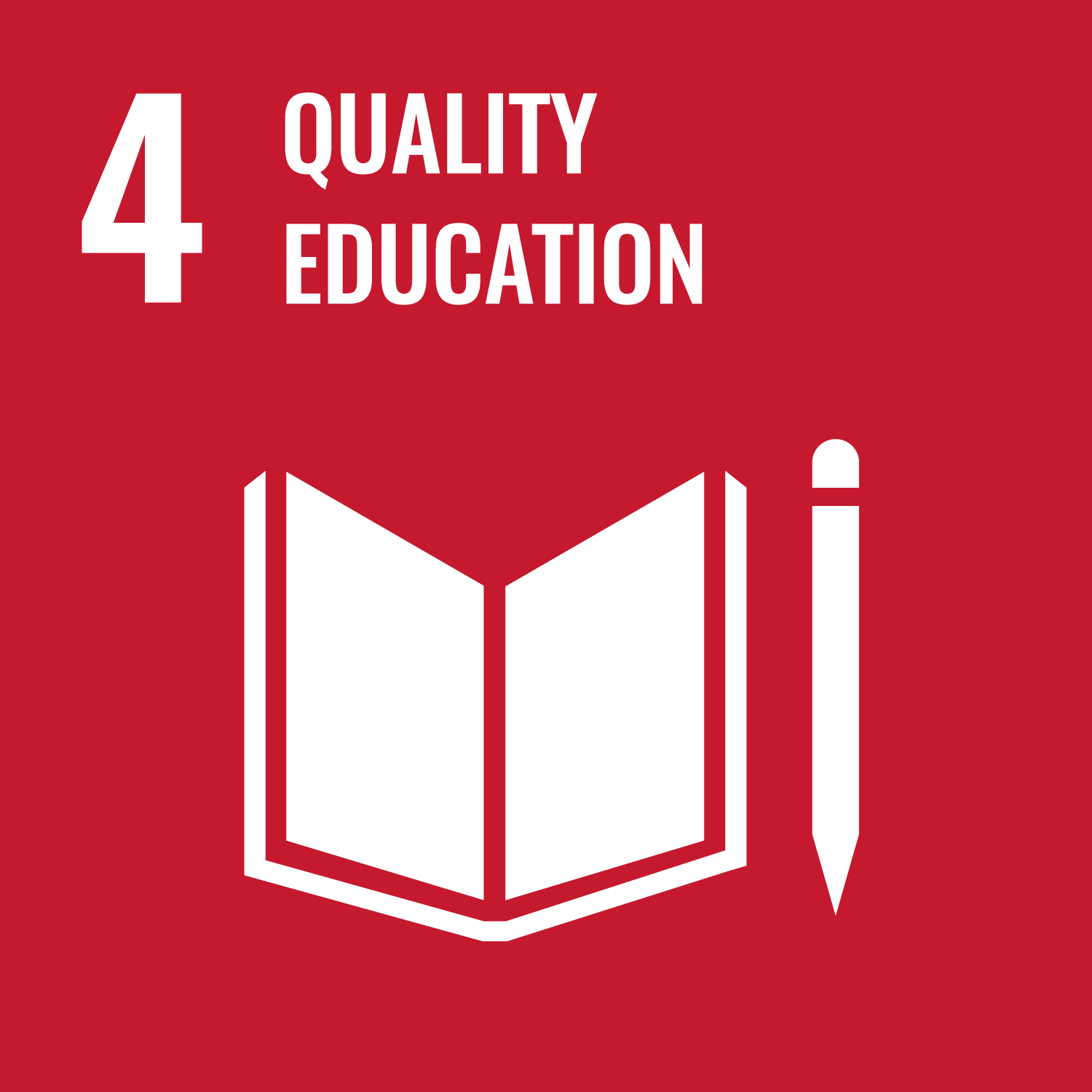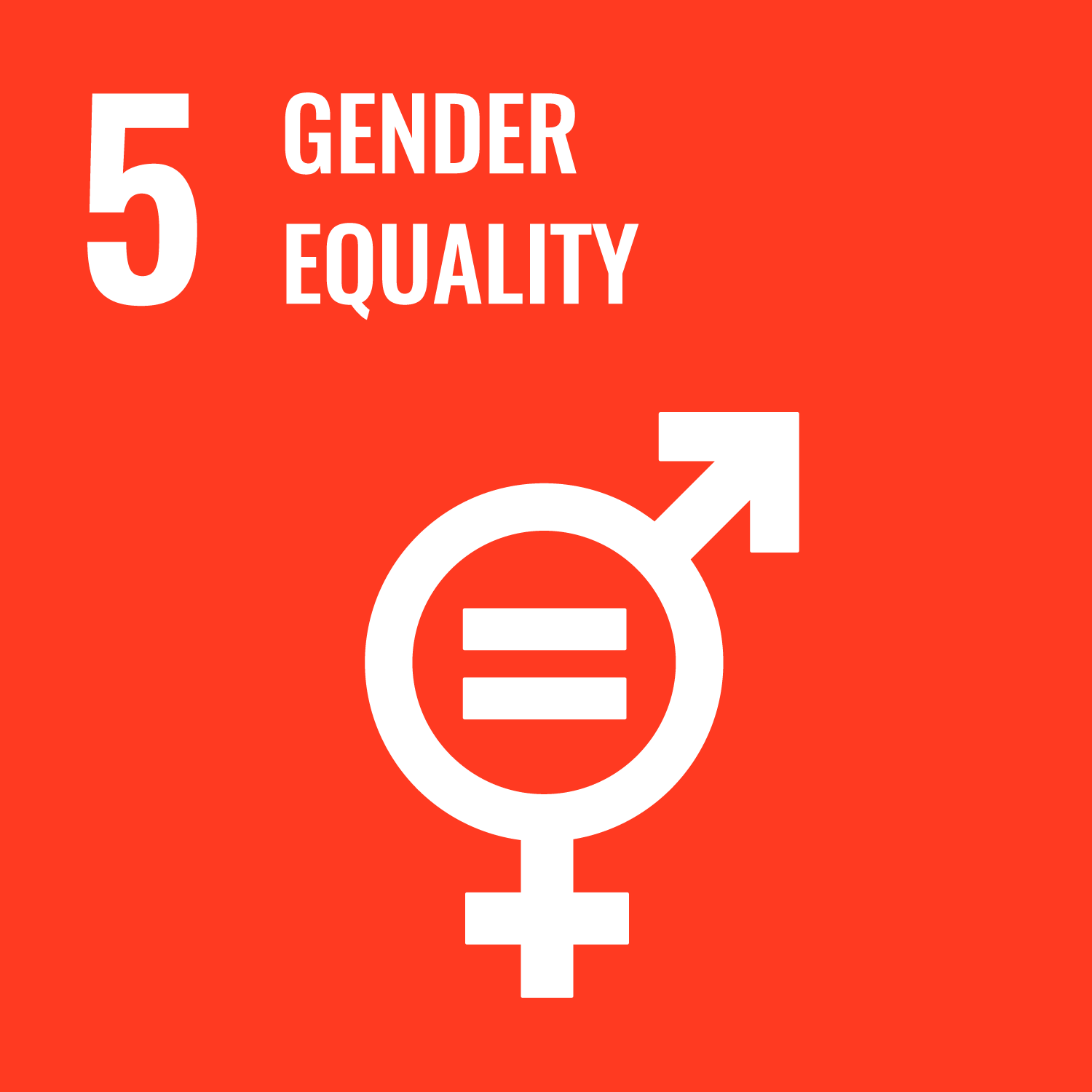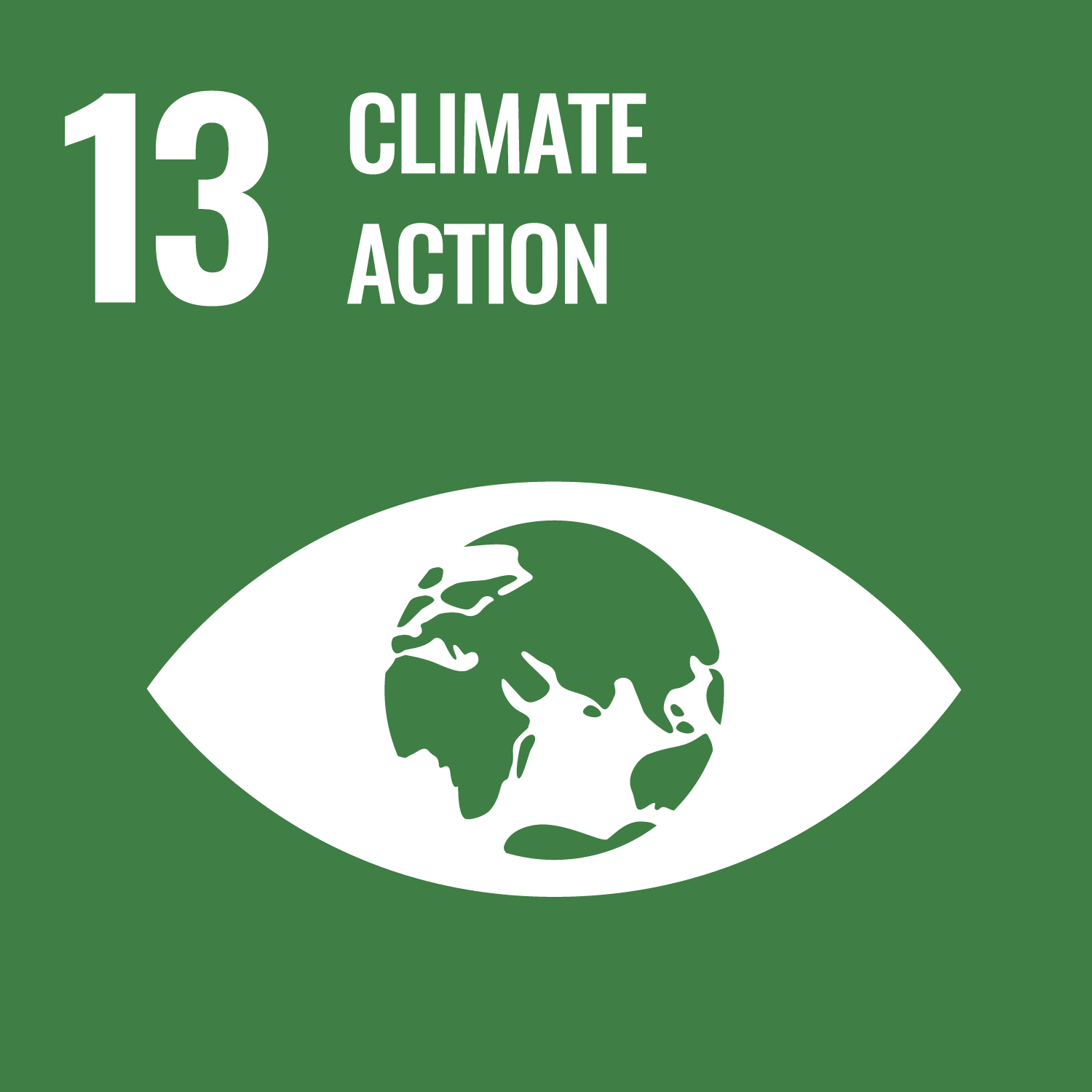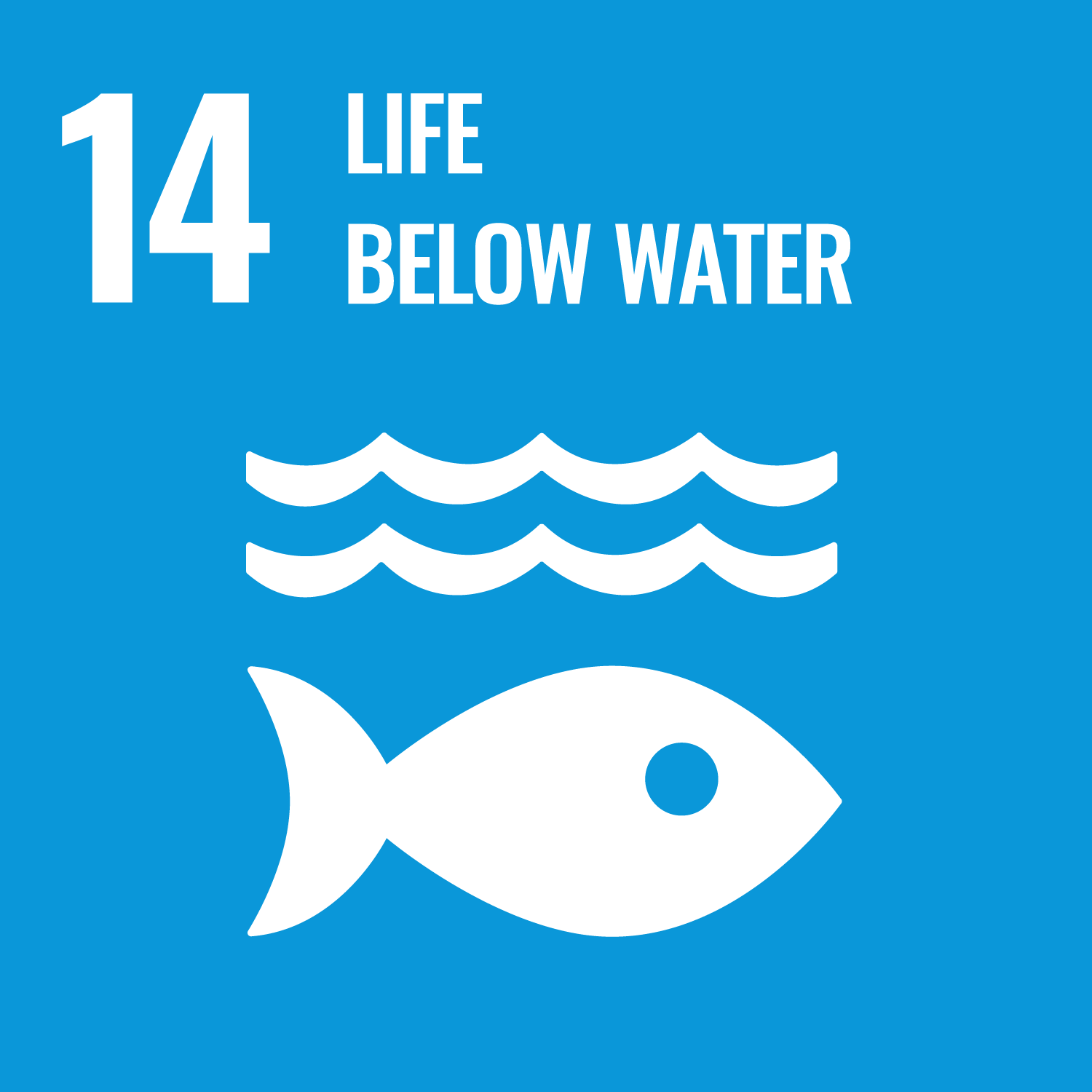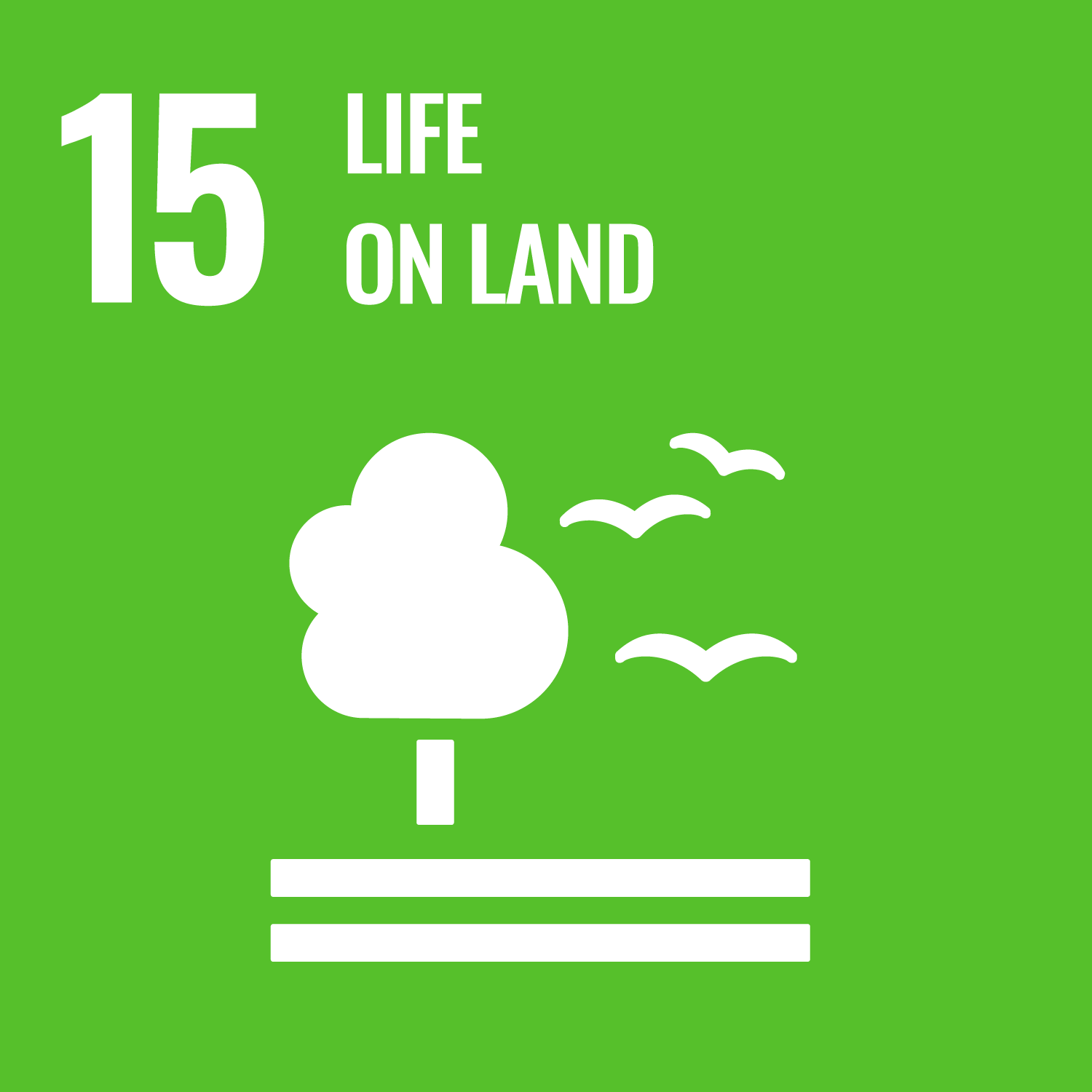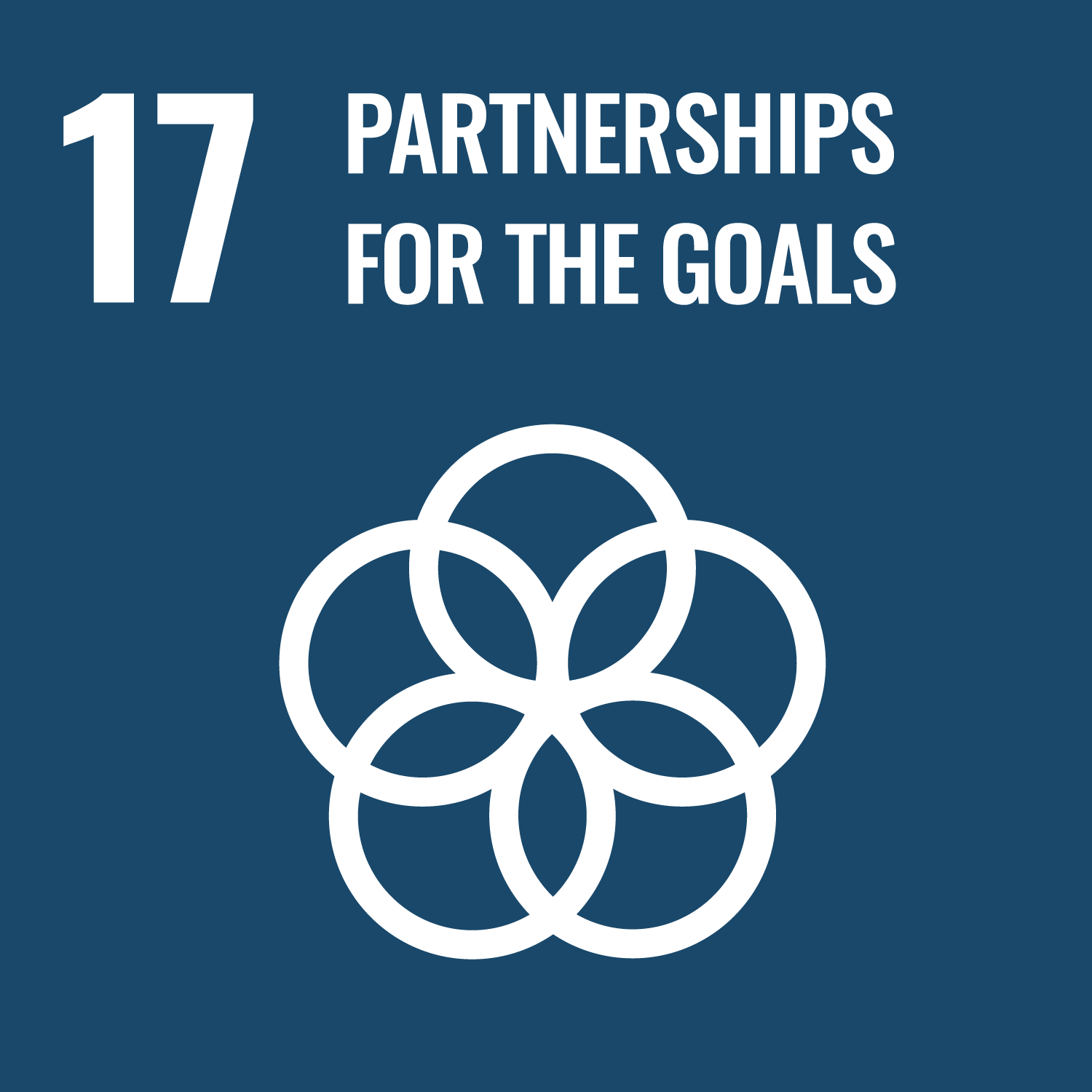Sophia University Island Sustainability Institute (ISI)
- Social & Local Cooperation
- Research
Sophia University Island Sustainability Institute (ISI) has experience and expertise in field-based socio-ecological production systems focusing on resilience, vulnerability and adaptive capacities-related data collection, policy design and implementation projects in the Asia-Pacific region. Additionally, ISI is involved in analysing context and place-specific biodiversity (i.e. protected areas, nature-based solutions) and climate change related adaptation policy in small-scale farming and fisheries communities. Empowering communities is a central tenet of ISI work. ISI is actively involved in gender-related projects and research, specifically looking at the role of women in small-scale agriculture, agro-forestry and fisheries in island contexts.
Specific key examples of ISI work related to SDGs 2, 3, 5, 6, 13, 14, 15 and 17 include:
- Republic of the Marshall Islands Food Systems Pathway development under the UNDP Food Systems Summit 2021
ISI (then Island Sustainability Unit) coordinated and facilitated the national dialogues to support the RMI preparations for the UNDP Food Systems Summit 2021. ISI then developed the RMI National Food Systems Transformation Pathway; the national policy document guiding food systems transformation in the RMI. This document identifies the need to develop diverse and sustainable blue food production and is a major driver for the proposed project. ISI has since worked with RMI to identify partners in Japan to design a 3 year blue foods partnership research and capacity building project focusing on small-scale aquaculture, community empowerment and environmental literacy to commence in April 2024.
- FAO Globally Important Agricultural Heritage Systems program
Our team worked with the FAO Globally Important Agricultural Heritage Systems program) and the Japanese government Ministry of Agriculture, Forestry and Fisheries in employing the Sustainable Livelihoods Framework (SLF) as a holistic approach and tool to guide resource management policy for small-scale farming and fisheries communities.
- Federated States of Micronesia Protected Areas Network Operations Manual
ISI wrote the FMS Protected Areas Network Operations Manual for the Federated States of Micronesia (FSM PAN OM). Work included desk research related to protected area governance and policy from the global to regional, national and local state levels for the Federated States of Micronesia as part of UNDP Ridge-to-Reef Programme. All of the consultations with the 4 state governments (Yap, Chuuk, Pohnpei, Kosrae) and relevant stakeholders and the desk research produced the PAN Operations Manual.
- UN IFAD Small Island Food and Water Project (SIFWaP)
This is an ongoing project with IFAD Pacific Region office. ISI has been involved in project pre-launching work since 2022. SIFWaP focuses on farming and water projects in RMI, FSM, Kiribati and Vanuatu – 4 SIDS identified by the World Bank as among the most vulnerable in the world, particularly from an environmental perspective. ISI co-organized, coordinated and moderated the pre-launch national workshops for all 4 countries. ISI also produced the Monitoring and Evaluation Guideline and Impact Assessment Concept Note. ISI has played an active role in inception workshops with all 4 countries and is now transitioning into implementation from spring of 2024.
- UNDP FIJI REGIONAL OFFICE: GEF-8 Concept Paper
ISI was asked by UNDP to coordinate and lead UNDP and country consultations with the Federated States of Micronesia, Kiribati, Palau, Republic of the Marshall Islands, Tonga and Vanuatu, with additional input provided by the UNDP representative in the Solomon Islands. In addition to country consultations, desk research was also carried out to understand the environmental priorities of ten Pacific SIDS to support the UNDP development of a project concept note to attract funding under GEF-8.
- Pohnpei State Climate Change Policy
ISI worked with Pohnpei State of the Federated States of Micronesia and The Nature Conservancy (TNC). ISI wrote the government policy paper and one key part of it was the parts identifying potentials for integration of Nature-based Solutions (NbS) into climate policy for the state. This has since become legislation in Pohnpei State.
- Shimoda City Japan SDGs and Glocalism Working Groups
In 2022 was asked by Shimoda City government (Shizuoka prefecture) to act as moderator, facilitator and co-organizer of monthly meetings from July 2022 to present. In June 2023 ISI presented the findings and policy proposal to Shimoda City government. Since July 2023 ISI has led a project team to develop eco-tourism, payment for ecosystem services schemes related to marine socio-ecological production systems and marine conservation and sustainability use, and satoyama / satoumi integrated policy design and environmental educational activities.
- Measuring Climate Policy Commitments of Small Island Developing States (SIDS) to Nature-based Solutions
Partnering with Javeriana University, Aruba University, University of the West Indies, The Nature Conservancy and Micronesia Conservation Trust, ISI initiated and is leading a research project on nature-based solutions (NbS) for Islands States and Territories. The key aim of this research is to understand the levels of commitment to NbS as a meaningful approach to climate adaptation, mitigation and disaster management amongst SIDS as reflected in their integration into national climate policies.
The objectives to achieve this aim are:
1. Develop an NbS policy scorecard that can be used to evaluate the depth of integration of/commitment to NbS for climate action by SIDS as detailed in their climate policies and legislation.
2. Apply the scorecard to those climate-specific policies and legislation from all SIDS to identify:
a. Which countries demonstrate the greatest commitment to NbS for climate
b.Which countries would benefit from expanding their commitment
c. Which facets of NbS for climate are the highest and lowest scoring.
3. Build a baseline of data for all SIDS, identifying areas for increased commitment to/integration of NbS.

